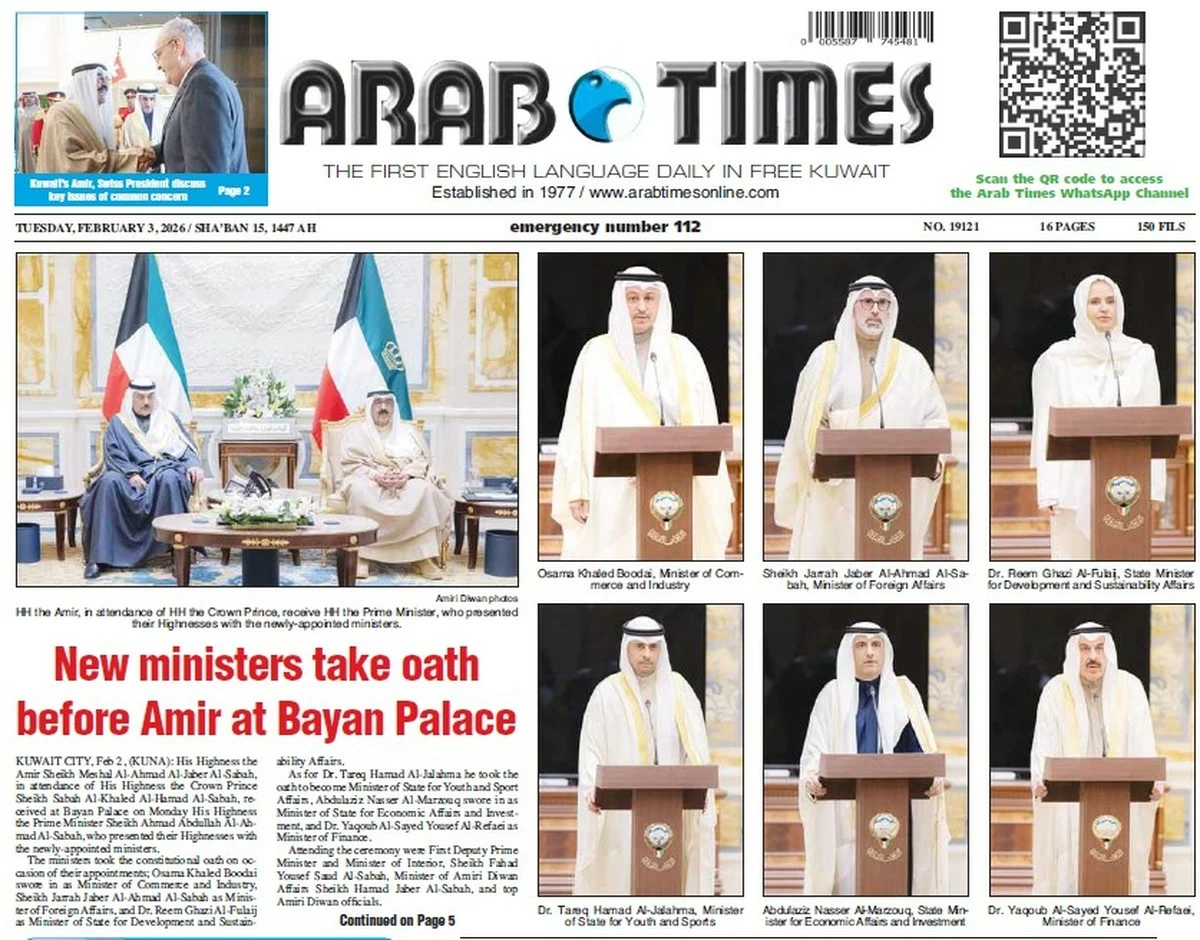24/08/2025
24/08/2025

KUWAIT CITY, Aug 24: Kuwait’s coffee market continues to expand, driven by café culture, changing lifestyles, and rising demand among youth, with the sector expected to reach $728 million by the end of 2025 and surpass $953 million by 2030, according to international statistics and market forecasts.
Data shows that the average Kuwaiti consumed about 3.7 kilograms of roasted coffee per year in 2024, placing the country second in the Gulf region after Oman. Total coffee consumption in Kuwait reached roughly 10,000 tons in 2023 and is projected to rise to 11,000 tons by 2028, spurred by growing demand for specialty coffee and the expansion of local and international cafés.
Coffee has evolved from a daily beverage into a cultural phenomenon in Kuwait, creating significant investment opportunities in the food and beverage sector. Local café owners increasingly focus on branding, customer experience, and social media presence to differentiate themselves in a competitive market. Many independent cafés have emerged as cultural icons, influencing public taste, lifestyle, and fashion trends.
Kuwaiti consumers now prioritize the overall experience over simply the quality of coffee, prompting startups to develop clear brand stories and leverage social media to engage customers. Success in the market depends not only on preparation quality but also on marketing, ambiance, and brand identity.
On the trade front, the Netherlands, Switzerland, and the United Kingdom supply approximately 54% of Kuwait’s roasted and decaffeinated coffee imports, followed by Italy, the UAE, and Saudi Arabia. Kuwait exports around 60% of its coffee to the UAE, 19% to Qatar, and 9% to Saudi Arabia. The average export price per ton was $10,590 in 2024, up 2.5% annually since 2012, while the average import price dropped 1.7% to $10,373 per ton.
Kuwait’s café scene has grown rapidly, with 1,115 cafés operating as of May 2025, marking a nearly 9% increase since 2023. Independent cafés account for 73% of the market, while 27% are operated by local or international chains. Hawalli Governorate leads in café numbers with 332, followed by Ahmadi (293) and the Capital (234). The average café age is three years and five months.
Cafés in Kuwait now serve as social hubs for meetings, studying, and leisure, offering a wide range of beverages from specialty drip coffee and Arabica brewed over charcoal to cappuccinos and cold brews. Emerging concepts such as pet cafés and digital cafés signal continued innovation and expansion.
Despite growth, café owners face several challenges, including market saturation, rising costs of rent and labor, shifting consumer preferences, weak digital presence, regulatory hurdles, lack of unique identity, and sustainability pressures linked to environmental awareness.
The coffee sector in Kuwait is expected to continue evolving, reflecting broader lifestyle trends and presenting new opportunities and challenges for entrepreneurs and investors in the local food and beverage market.


